Optimize The Future of Living: A Comprehensive Guide to Smart Home
Technology has advanced the way we live and communicate. Equip yourself with the definition, benefits, and needs for a Smart Home Future.
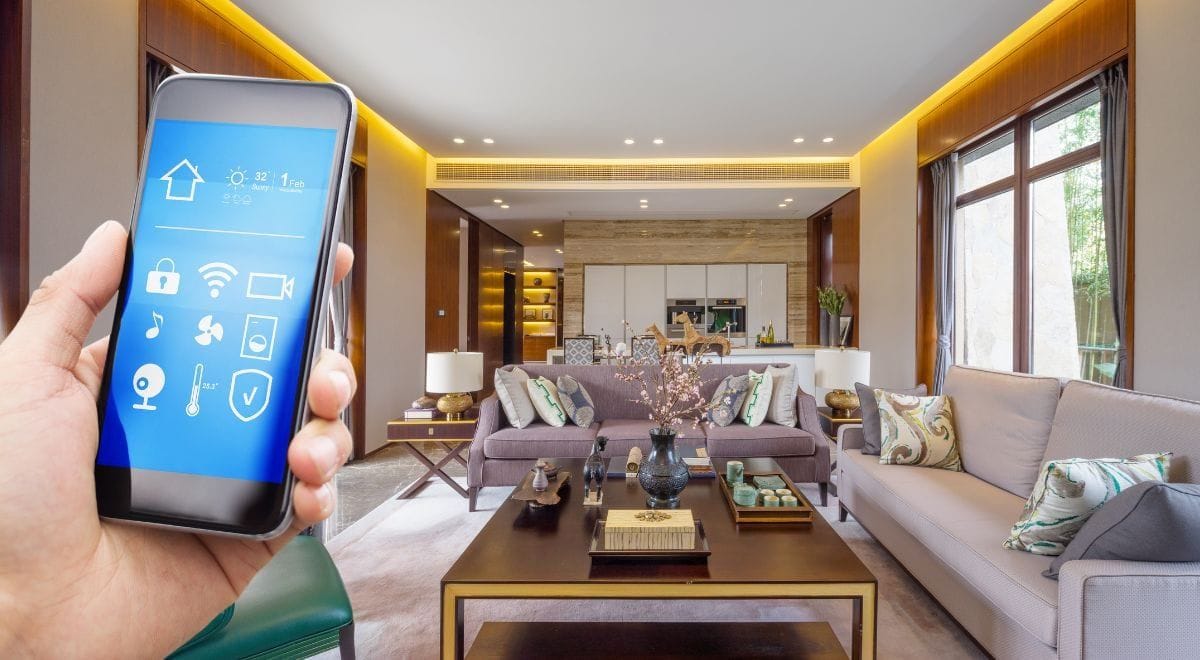
Hey, Smart Home welcomes you to the future of living! Imagine waking up with your needs anticipated and fulfilled in your home. The curtains are up, your coffee is brewing, gentle sunlight is entering, and a news program is running on the television. Technology is becoming smarter day by day, and so are our homes. If you are not tech-friendly, then you might be in pain! It is just a glimpse into the world of smart homes, where technology has a huge impact.
Smart homes offer convenience, security, energy efficiency, and automation in one go. While you are juggling behind the scenes, this guide will break down your confusion and provide you with in-depth insights into the role of smart homes-
Concept of Smart Home
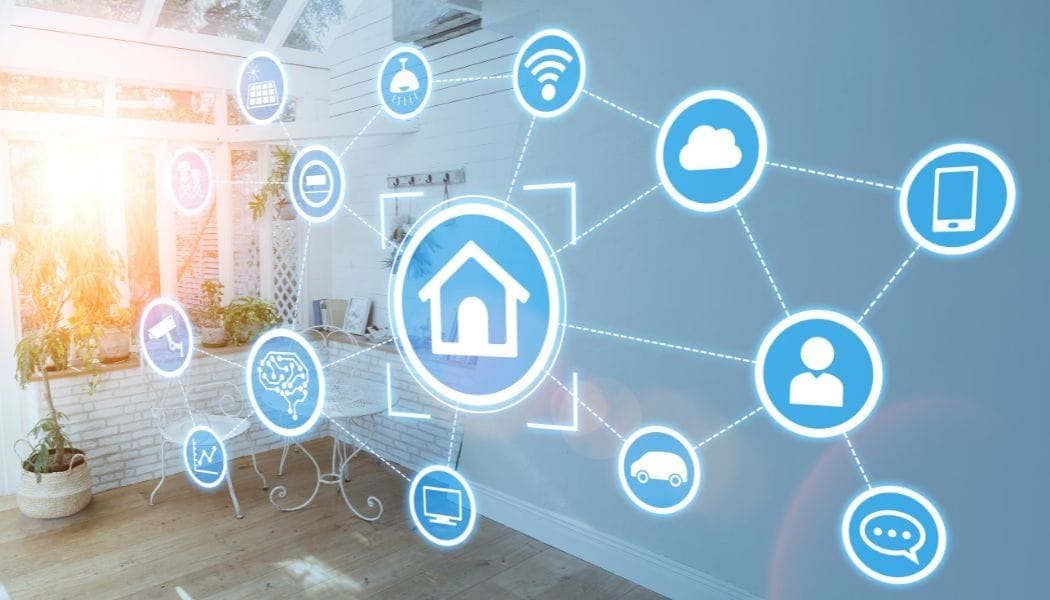
Before we dive deeper into smart home technology and how to transform our homes into smarter ones, it is significant to understand the concept of a smart home and its benefits.
What is a Smart Home?
A smart home is an internet-enabled system connected to electronic appliances, thermostats, lights, and security systems. It is usually operated remotely or through a device connected to the internet. The devices are remotely monitored, and accessed from any location because of the internet connection. This process is known as a Smart Automated Home.
The smart devices and appliances connected to a central hub (home automation gateway) are controlled by a wall-mounted terminal, smartphone application and a web interface or web server. It is your individual decision to install a smart home automation system. Meanwhile, don’t forget smart devices like Amazon Alexa, Google Home, and Apple Homepod that have taken away the market attention. These devices are less expensive and easy to use as well.
Benefits of Smart Home
Earlier, smart homes were quite expensive to have! The rise in technology has made smart homes grow as an ‘essential’. A smart home will not only add a luxury touch but will also be beneficial to -
Remote Access: The ease of remotely accessing your home from an office, car, or a thousand miles away is an exponential benefit of smart home automation.
Energy-Efficient: The pre-programmed setting of the smart home will reduce the energy your homes consume. The feature will help you switch off the light and other devices when not in use.
Comfort and Convenience: The commands like ‘switch on the heater’ or ‘play the music’ will ease the lives. By controlling things with a remote, you can enjoy the convenience of living in a smart home.
Are Smart Homes Energy-Efficient?
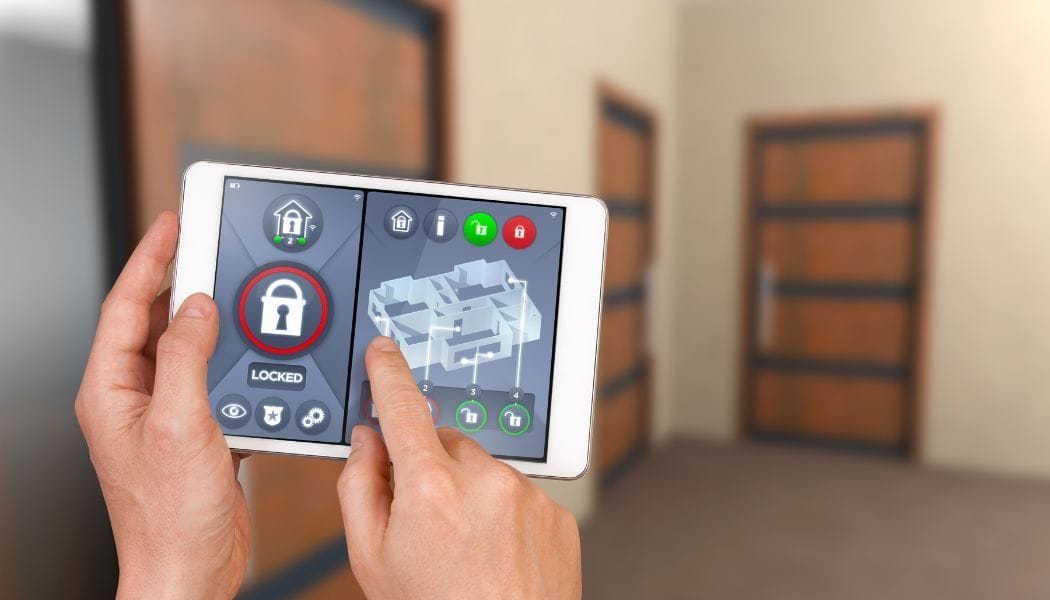
We talked about how smart homes reduce electricity usage and are energy-efficient. Still, the confusion moves around - whether it is reality or just for the saying sake! To set the confusion aside, follow the given breakdown on how smart homes are energy-efficient -
The smart home is a way to keep a barrier to the energy your home consumes. Various studies reveal that smart homes can save up to 10% of energy. While securing and comforting lives, the smart home provides different modes to be energy efficient.
Remote Access
Remote access means you can monitor and control your home even by being miles away. Suppose you forgot to switch off the fan in your room - either the settings you modified will switch it off, or you can access it remotely and save energy.
Thermostat
Achieve an efficient cooling system in your home with a smart thermostat and door or window sensors. A thermostat will work on the heating and cooling of your home’s temperature. The thermostat detects the temperature automatically. If you leave the door or window open, the thermostat will reduce the temperature and even return to the original setting once the door or window is closed.
Lighting
What can be greater than an automated lighting system? The lighting system can turn on/off the lights with the help of sensors. Smart bulbs regulate their brightness depending on the natural lights. The time has arrived to say goodbye to ‘you have not switched off the lights’, ‘I forgot to switch off the home lights today’, or blaming family members for having the lights on!
Advantages and Disadvantages of Smart Home
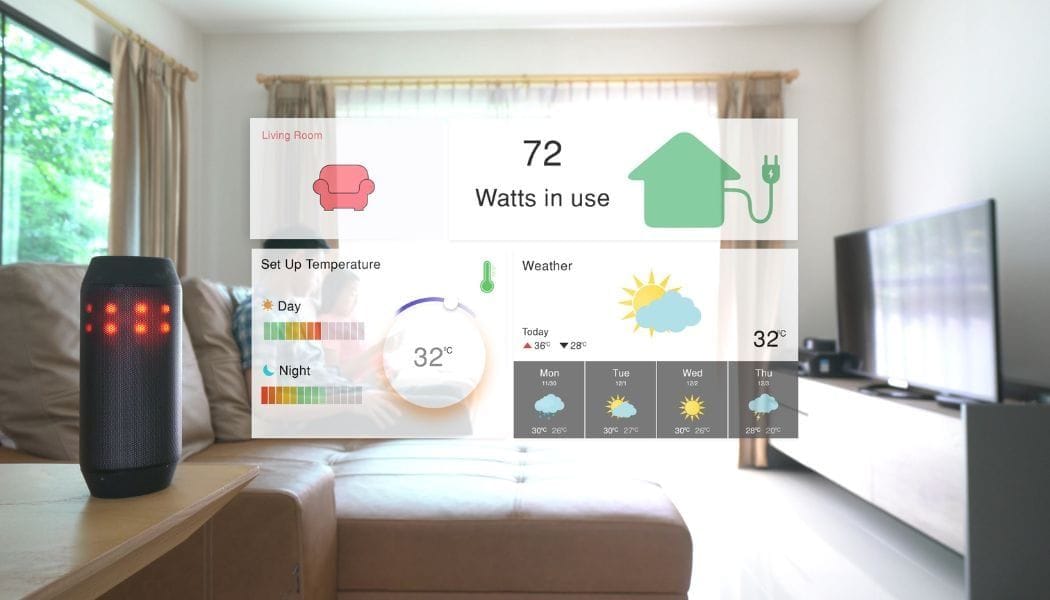
There are two sides to a coin, good and bad habits in a human, so what are you expecting from smart homes? There are certain advantages and disadvantages of a smart home you should learn about!
Advantages of Smart Home
- A smart home automated system alarms or sends an alert to the homeowner when it detects an unknown human or any unusual movement.
- Smart appliances can be easily switched on/off remotely through mobile phones. Smart homes ensure convenience.
- Smart homes save energy and electricity costs through smart bulbs and automated lighting systems.
Disadvantages of Smart Home
- If the internet connection drops, your smart home devices will stop working! Smart home technology is dependent on the internet connection.
- If you are tech-savvy, you might benefit. Otherwise, you will require learning for the ease of operating.
- Smart homes may not be as economically feasible as you think. Check the costs and utility before installing a smart home automation system.
Understand the Future of Smart Home Technology
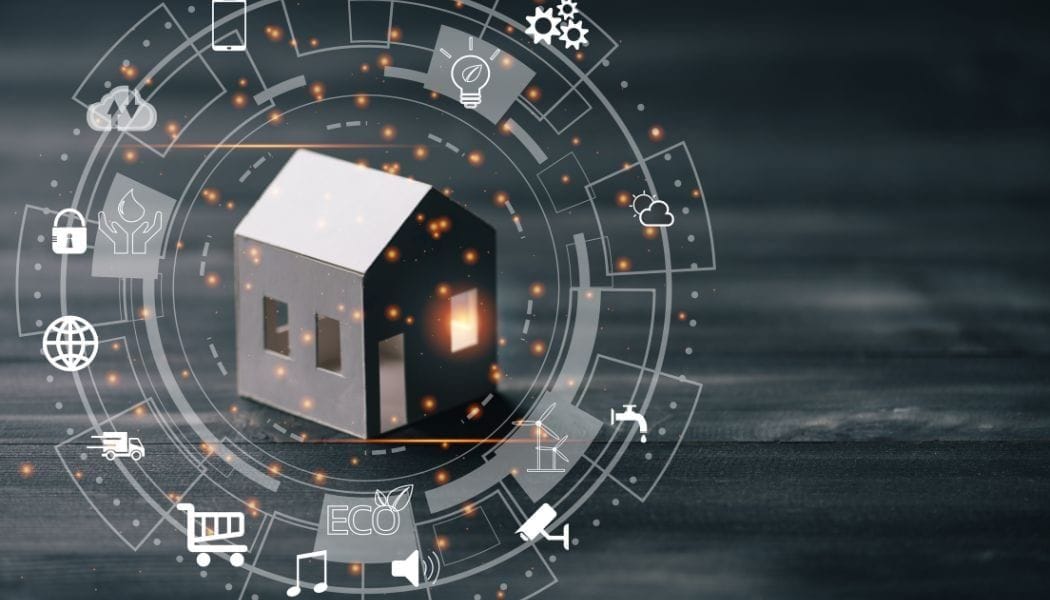
Technology is growing due to numerous advancements. The technology is smart now! Smartphones, security and surveillance systems, entertainment, and heating appliances are a few examples of smart technologies.
Smart technology can alter the way you manage and maintain your home. Smart home technology will transform your lifestyle and increase your property’s value.
Home Automation is transforming the future of homes. Let’s find out the need to understand the future of smart home technology:
Make Informed Decisions
Individuals have their own choices, preferences and decisions. By understanding the need for smart home technology and its potential drawbacks, they can make informed decisions that will be beneficial to be prepared for the future. Potential risks can be security and privacy, and smart home technology provides ways to safeguard your home.
Future-Ready Home
Those who understand the technological arena can agree with the importance of smart home technology. The appliances, automated lighting systems, and other smart devices are crafting your home for the future. These smart home technologies will secure your homes for the future.
Shaping a Sustainable Future
The smart home benefits the development of a sustainable world. The energy-efficient devices and resource management will help the environment in the long run. You will set an example and inspire people to opt for smart home technologies, hence, a step forward to a sustainable future.
A smart home is an efficient mode to make life better and manage the home conveniently. A smart home can be your friend who will obey all your orders (but with internet connectivity)! Data privacy and security are crucial terms these days. Smart home technology can be a securing hand for security, safety, vigilance, convenience and comfort.
Learning how to operate smart home devices can be a hectic task for a few, but it will help to create a relaxing future. You are sitting miles away from your home with a keen eye! This blog gives you an informative platter into the needs and benefits of smart home technology.
Optimize the Future of Living, Smart Homes for Smart Individuals.

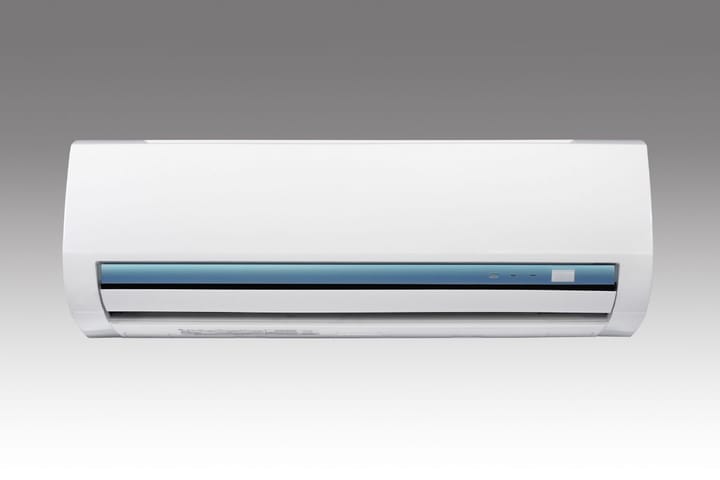
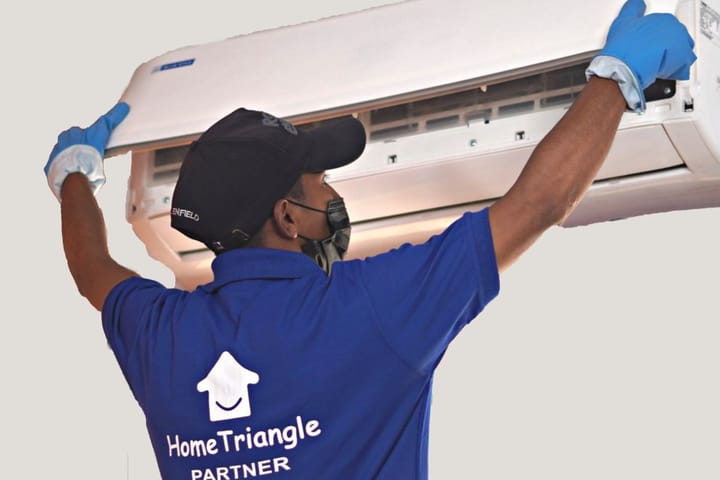
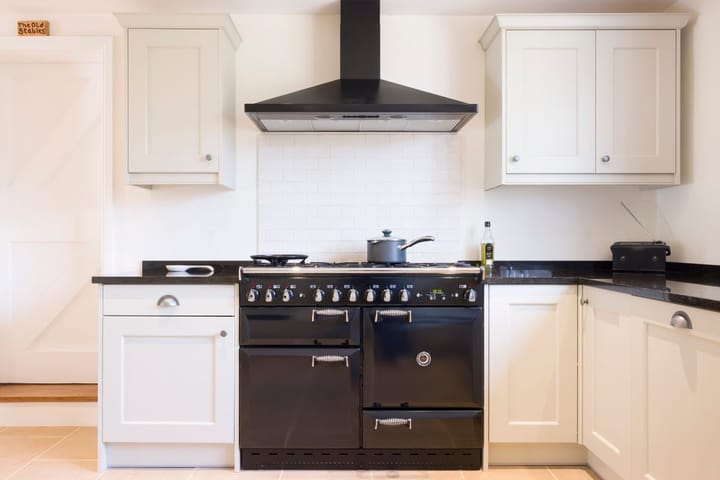
Comments ()